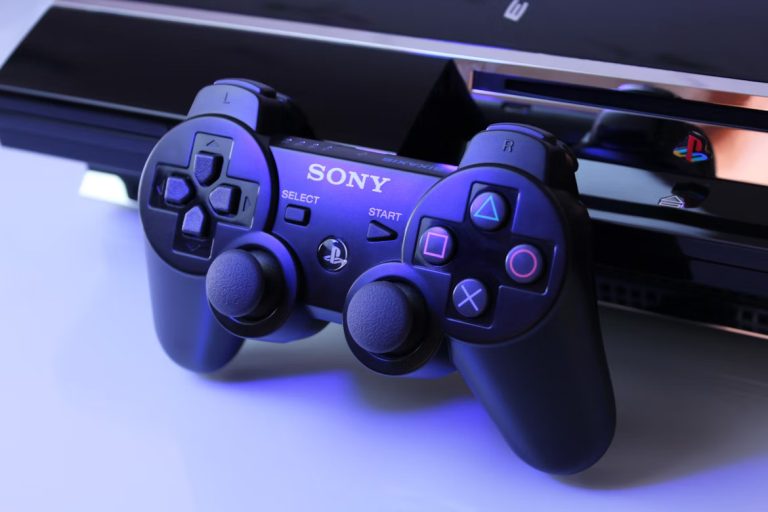Consoles were once the main way for most people to enjoy video games. The first generation of these, which appeared on the shelves of electronics retailers in the 1970s, look very primitive today, with their black and white graphics and bleeping noises, but they were revolutionary at the time.
As the industry matured and technology improved, we’ve seen companies come and go as new entrants entered the market and older ones fell as casualties of the consoles wars.
Consoles have begun to lose their dominance as other formats have muscled in on their patch. Does this mean their days are numbered or will they always be around in some form?
Simplicity
Throughout their history, one of the main benefits of playing games on a console vs on other formats has been their ease of use. If you played on hardware like the PlayStation or PlayStation 2, you’ll remember taking a device out of the box, plugging it into the wall and your TV, inserting a disc, and being ready to play.
But, today, this is no longer the case. Consoles generally need access to the internet, games run better (or outright require to be) installed on the device’s solid-state drive. Some titles can be bought on a physical disc whilst others can only be downloaded and, even if you get a copy you can hold in your hand, it likely requires an update from the internet.
These requirements have closed the gap between consoles and computers, reducing the attractiveness of these dedicated gaming devices.
Access to Games
There is no single device that can give you access to every game ever made or on the market right now. Committing to any platform is making a compromise that you’ll forego access to titles exclusive to another device or ecosystem in exchange for access to the games available for the one you’re buying.
Computers have always been the platform that have given you access to the most content and this remains the case today.
In addition to AAA titles, PC-exclusives from publishers like Valve, and back catalogues of games from decades of computer releases, gamers also have access to online casinos. Leading brands like PokerStars give players access to dozens of poker variants, including common ones like Texas Hold’em and more niche options like H.O.R.S.E, without the need for any special equipment.
Thanks to mobile apps and web-based gameplay, there’s no need for a console making it much easier for players to enjoy this content.
Cost
Consoles were traditionally much cheaper than buying a gaming PC. For example, when Sony released the original PlayStation in 1995 it was on sale for $299 in the US and £299 in the UK. At the same time, a gaming PC would have cost you more than $/£1,000.
Today, that price gap has shrunk greatly. Whilst a cutting-edge gaming PC can cost several thousand, you can still buy a computer that can run most contemporary titles for around the same $/£1,00 price tag.
In contrast, a PlayStation 5 cost $499 in the US and £449 in the UK at launch and has actually increased in price in the wake of rising manufacturing costs. Sony also recently announced an upgraded PlayStation 5 Pro which will sell for $/£699 when it goes on sale.
Therefore, if you can buy a computer for a few hundred more and get all the additional features and flexibility, a console looks less attractive.
Similarly, if you already own a smartphone, you have access to over a million different titles with no need to purchase any specialist hardware.
Few Exclusives
Exclusives were once a big draw for consoles. In the early 2000s, you could only play Grand Theft Auto on the PlayStation 2; Sony’s device also had exclusivity over the official Formula One games, the EyeToy, Gran Turismo, Resident Evil, and WWE games.
Similarly, in the next generation, Microsoft’s Xbox 360 offered exclusives like Kinect, Fable, Forza, Saints Row, and Gears of War.
Today, however, the exclusive list for the current generations of Microsoft’s and Sony’s consoles is much smaller. Not only are these games available on PC but most are also released on both consoles.
The only exception to this is Nintendo which still, through its focus on first-party content, has a lot of popular Switch-exclusive games.

